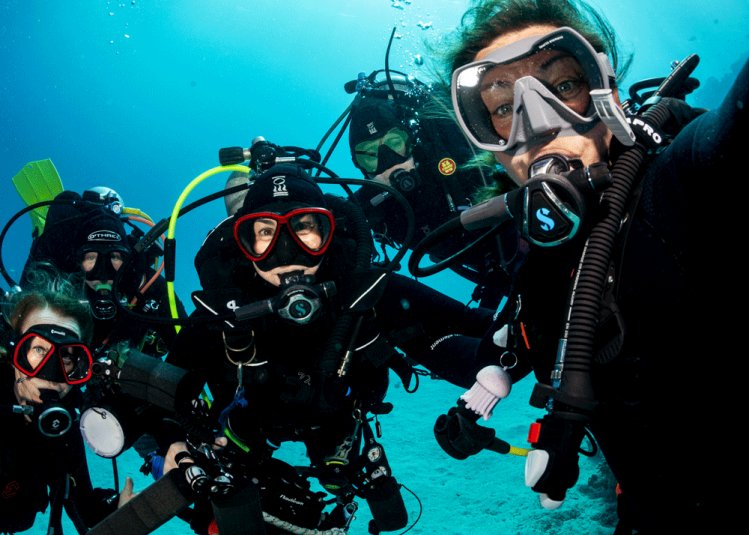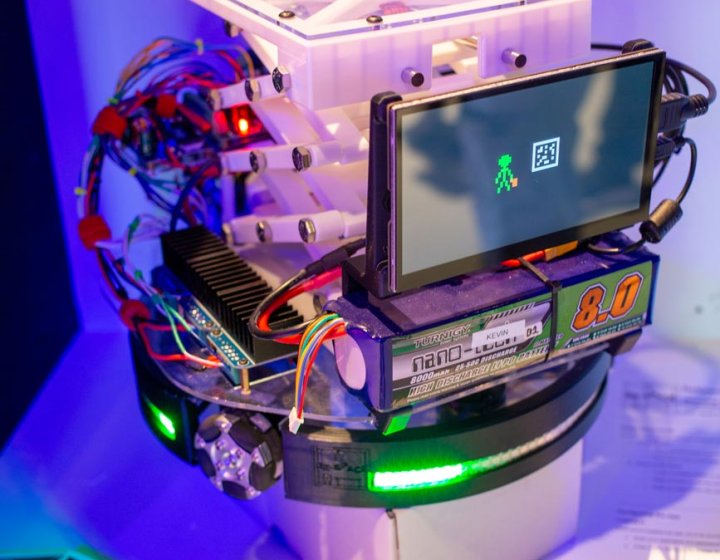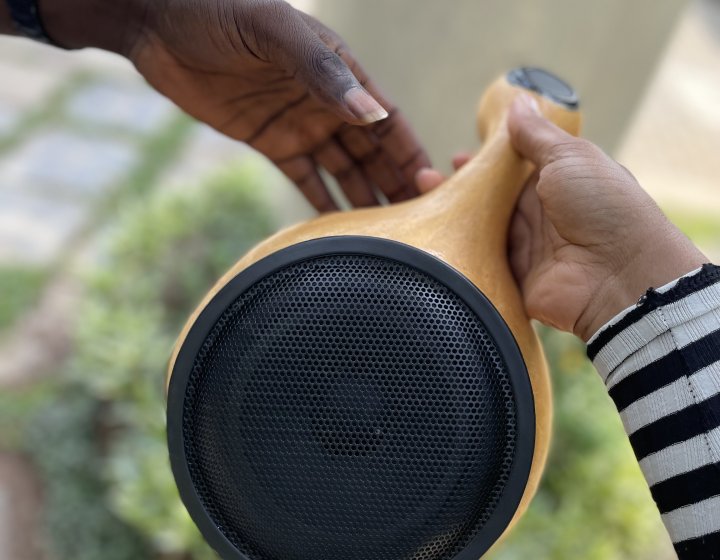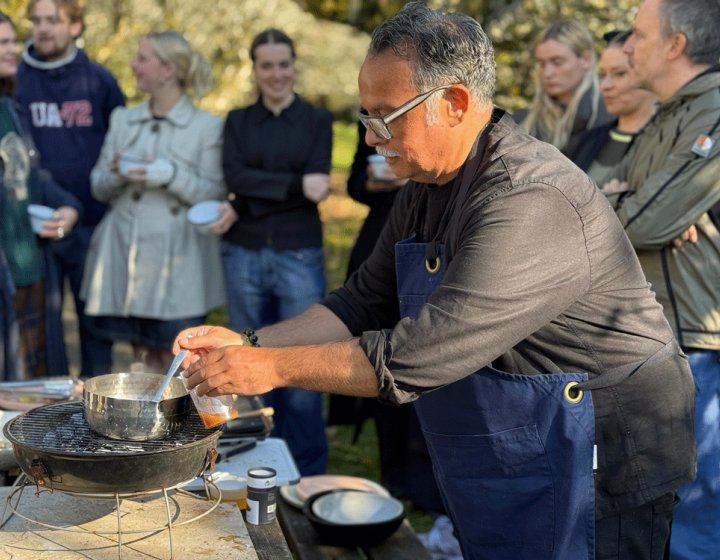A Child of Science: Falmouth Lecturer’s new play tells the brilliant story of the creation of IVF
13 November 2023
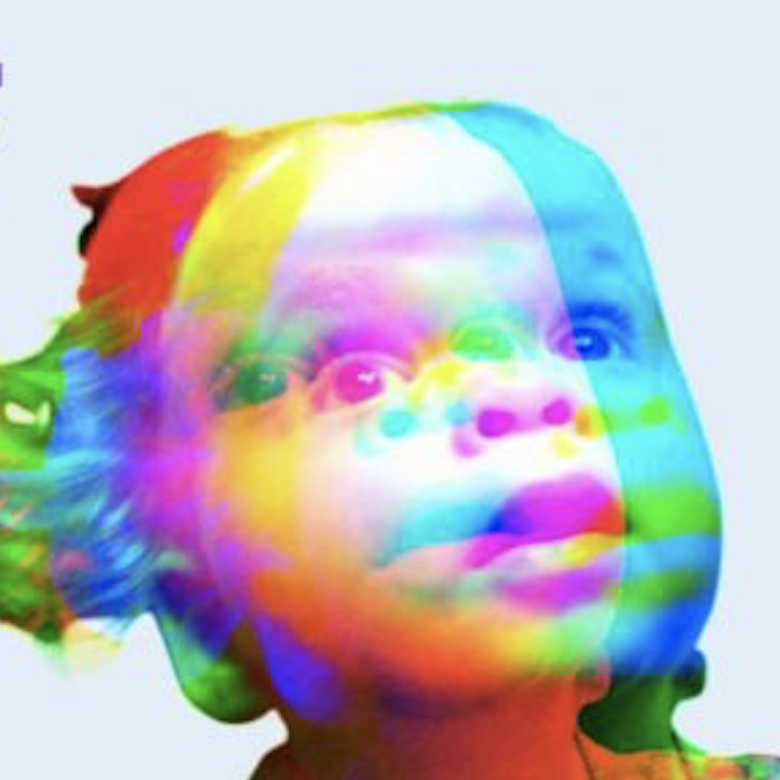
Bruntwood Prize-winning writer Gareth Farr’s new play A Child of Science tells the story of Patrick Steptoe, Robert Edwards and Jean Purdy, who in 1978 changed the world by creating human life in vitro.
The play, featuring award-winning actor Tom Felton, is directed by Matthew Dunster and is being put on at Bristol Old Vic in the summer of 2024.
We spoke to Gareth about his experiences creating A Child of Science and the key inspirations that led him to writing the play.
What compelled you to tell the story of Patrick Steptoe, Robert Edwards and Jean Purdy?
The short answer is going through four rounds of IVF led me to write the play. The longer answer is that I had written a play (The Quiet House) which follows a couple through the experience of fertility treatment. This was produced at Birmingham Rep and then transferred to London where we developed a festival of arts and science called ‘Fertility Fest’ to coincide with the play. Fertility Fest grew into an international festival and discussion forum where conversations and performances about all aspects of involuntary childlessness were covered.
During the 2016 Fertility Fest, I was asked to write a play in 24 hours. I started writing at 6pm and at 6pm the following evening there was an audience booked. I wrote a series of scenes that explored the past, present and future of IVF. After this I began researching into the history of it a lot more. This research and the events that I discovered from reading about what Bob, Jean and Patrick did became completely fascinating. The more I read and the more I dug around in archive material the more and more compelling this story became, and I knew that I was onto something.
Writing the play then became a priority. I took the idea to several theatres and TV companies and was fortunate enough to be commissioned by the Old Vic in London to write the full-length play.
How did you approach capturing the emotional and personal aspects of the real-life individuals involved in the invention of IVF?
Having seen my wife go through four rounds of IVF, it was important that the whole process was experienced by at least one character and that we focus on the humans as much as the science.
The play explores both the successes and the sadness of an imperfect science as well as the ethics and moral issues that Bob, Jean and Patrick came up against. There was also an army of women who volunteered to the trials without whom IVF would never have happened when it did. Their story needed to be a central focus alongside the medicine.
It is a story of determination, hope and endeavour. For the pioneering scientists who developed IVF, as well as anyone who is brave enough to undergo IVF treatment, these are vital elements.
The invention of IVF has had a profound impact on millions of lives worldwide. What message or takeaway do you hope the audience will gain from watching A Child of Science?
For two-hundred thousand years human life was only created one way. If you were unable to conceive naturally then you were unable to have children of your own. In 1978 this changed, and we now live on the other side of that line. I think I’d like people to take away a feeling of fortune that they live now and that at the very least people have the choice to explore treatments that will help them.
Also, it’s a really amazing true story about three unknown medical pioneers who, against monumental odds, managed to achieve the impossible; they changed the world. So many people told them that they shouldn’t and couldn’t develop this science. At different times, the forces of the tabloid media, the catholic church and the Medical Research Council were all against them, but still they persevered. So, most of all I’d like people to feel as though they have been told a really, really good story.
